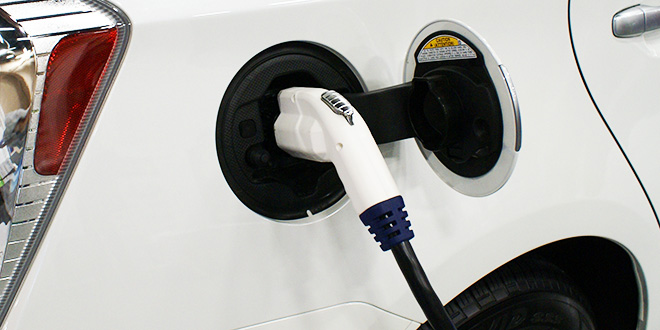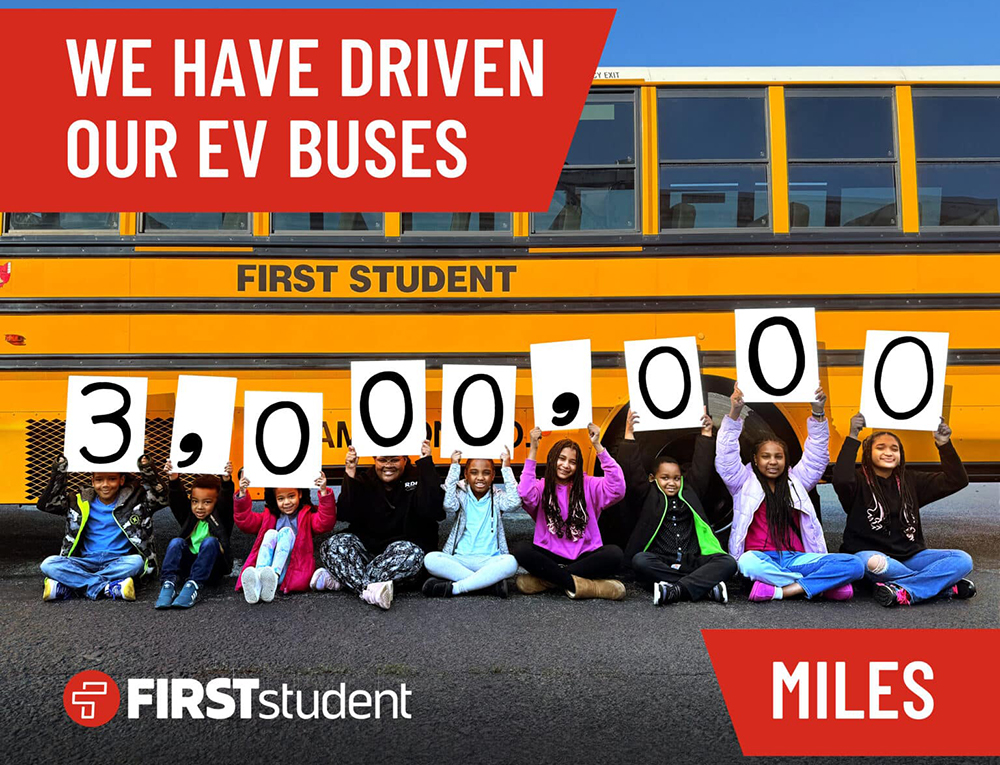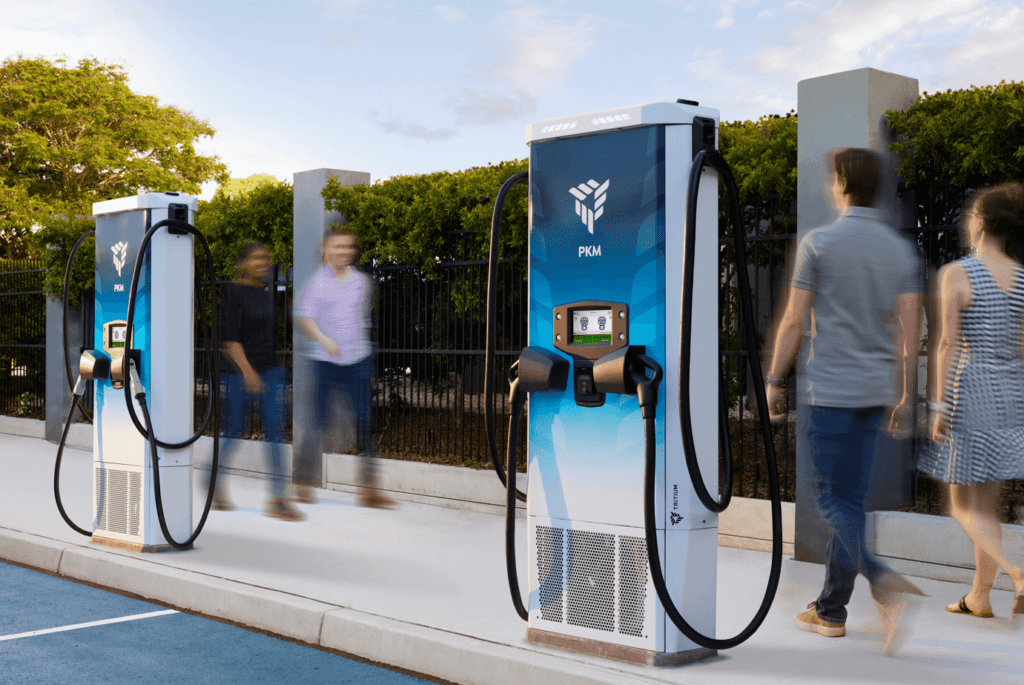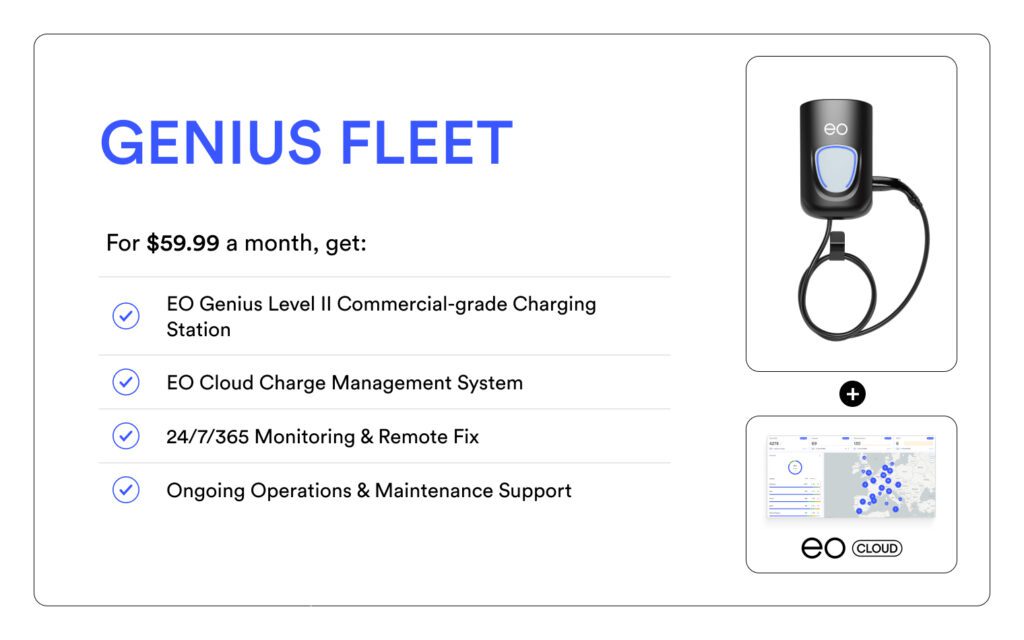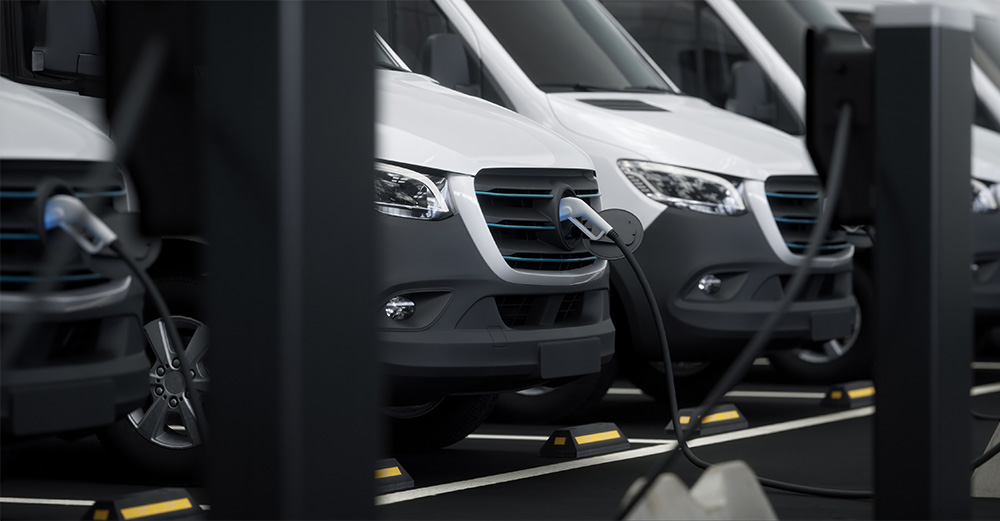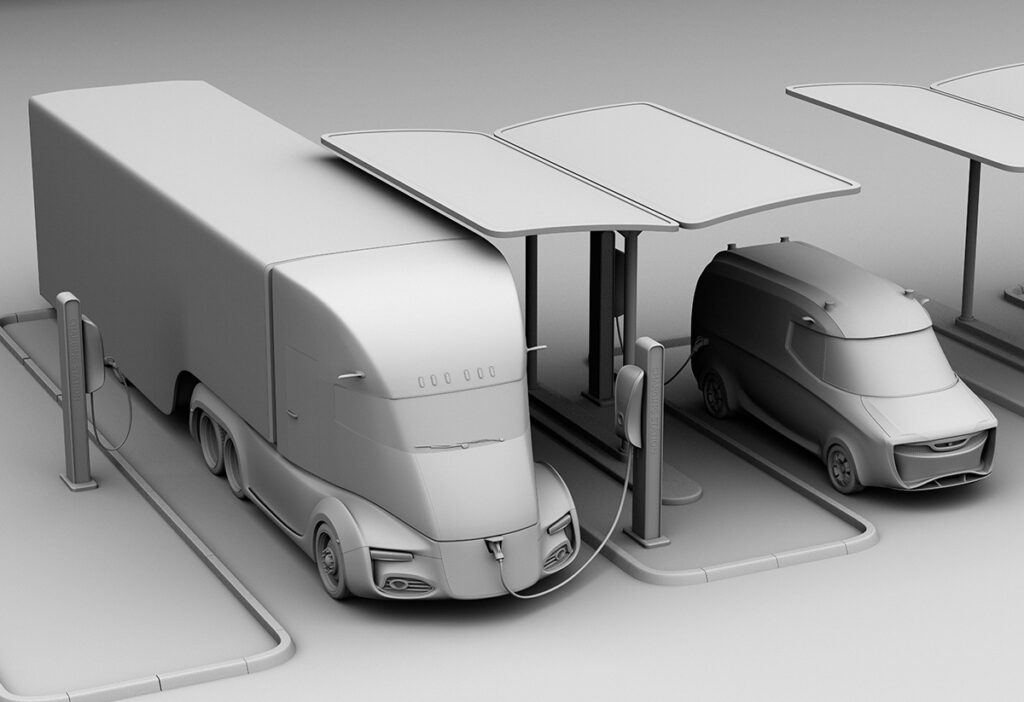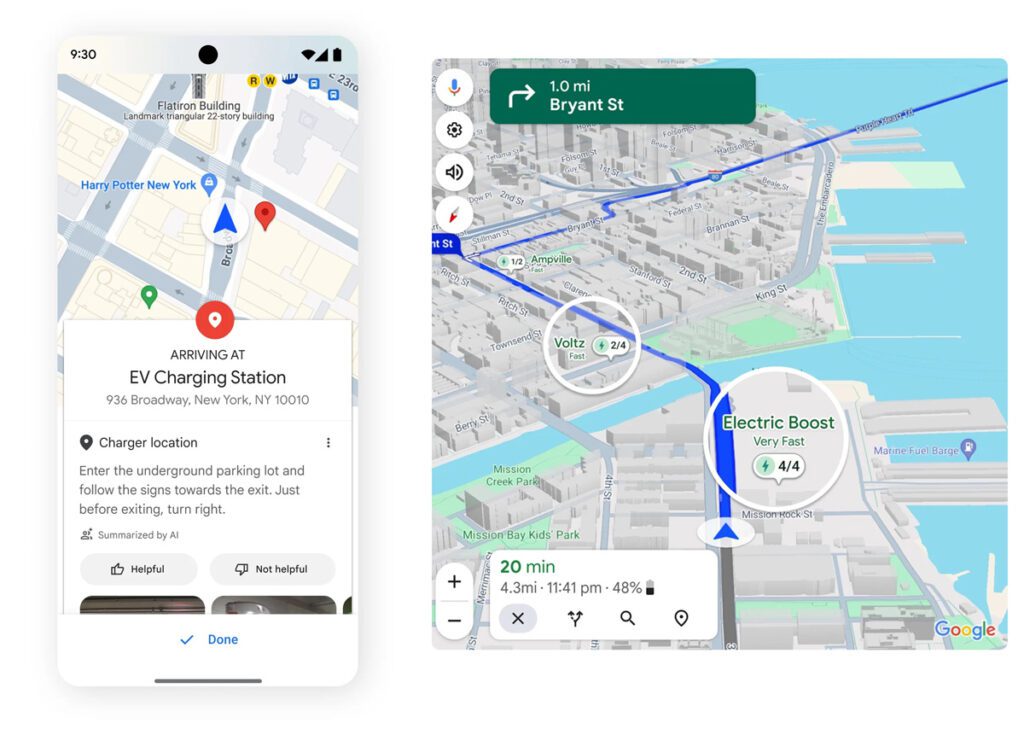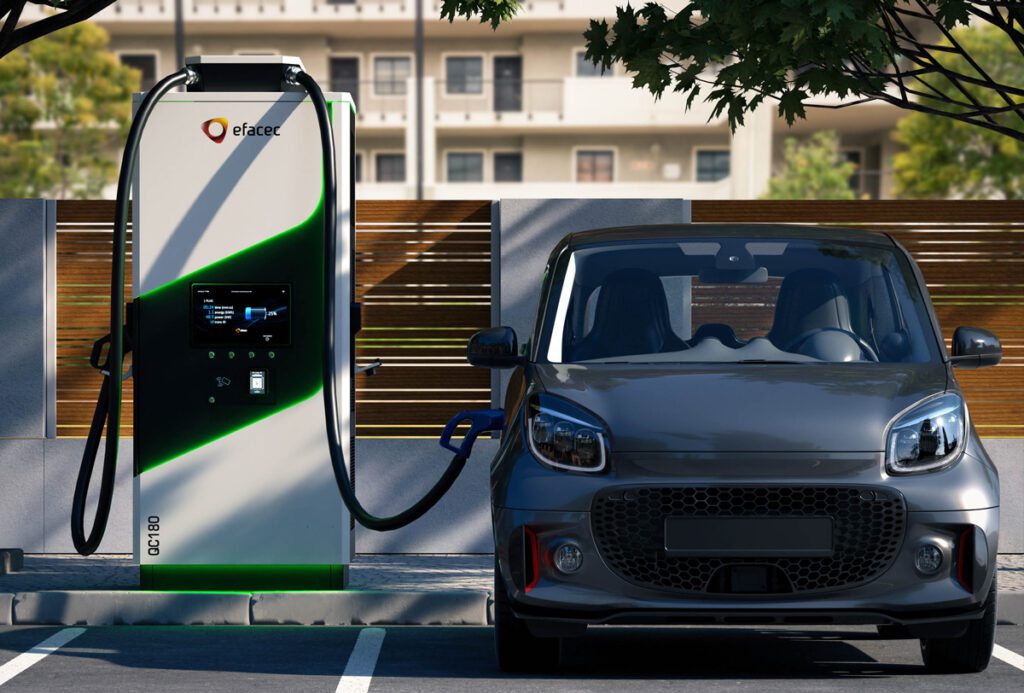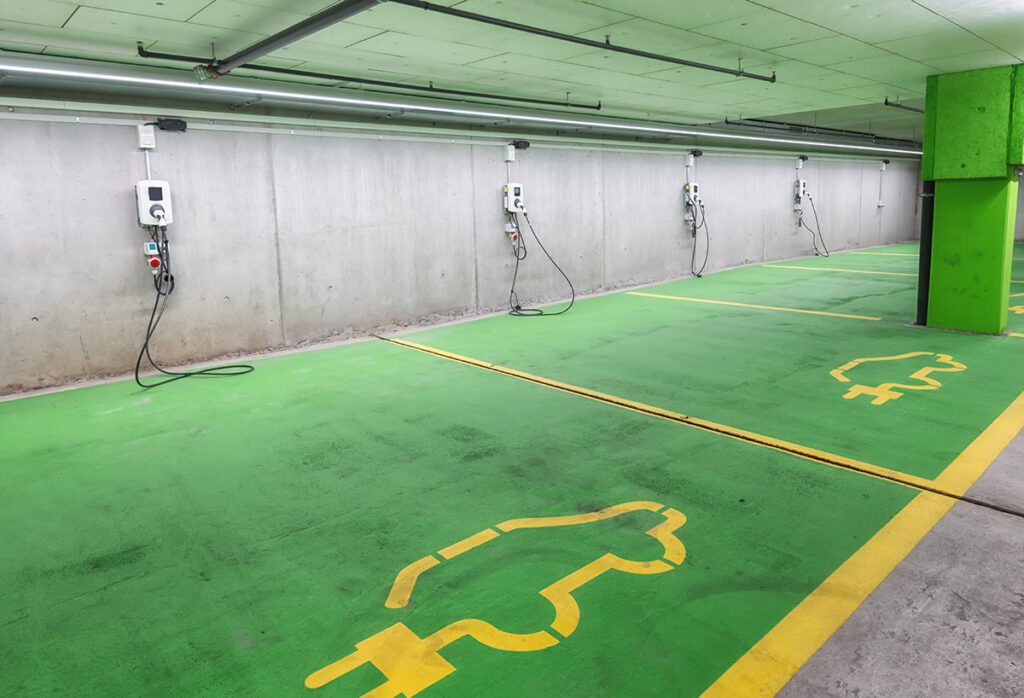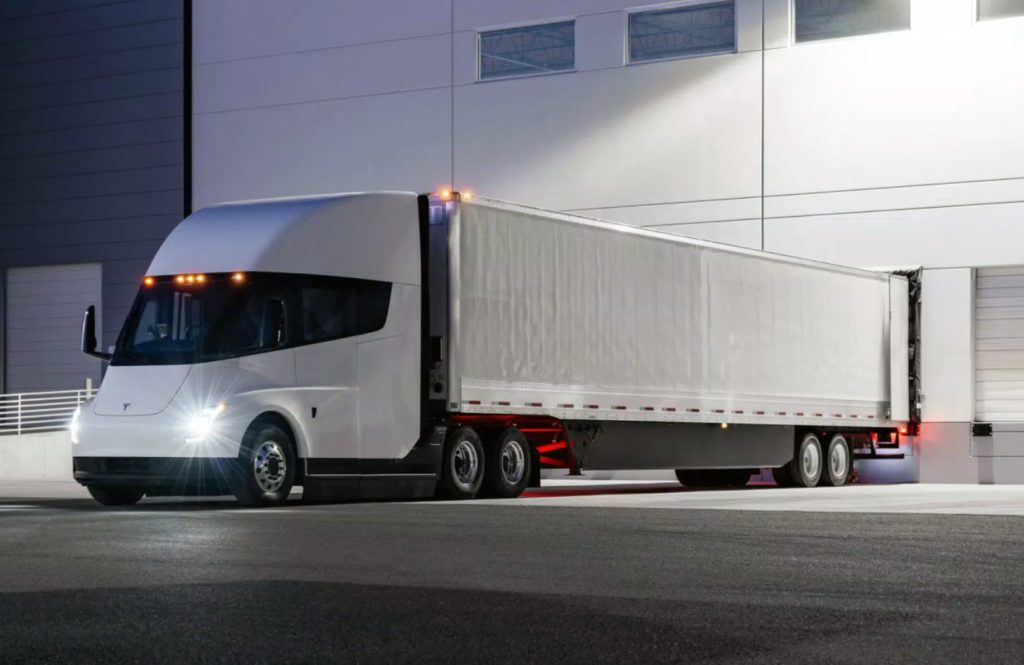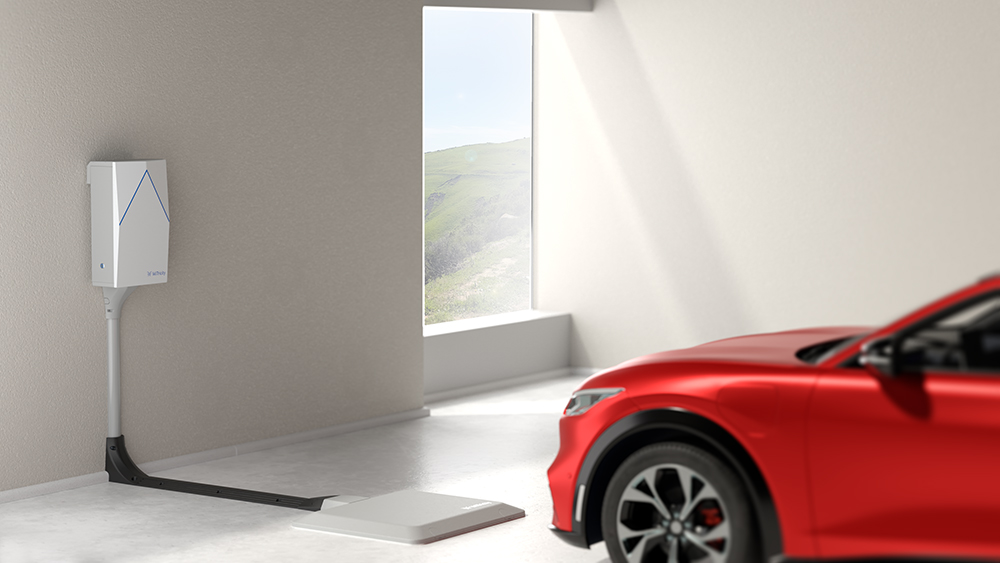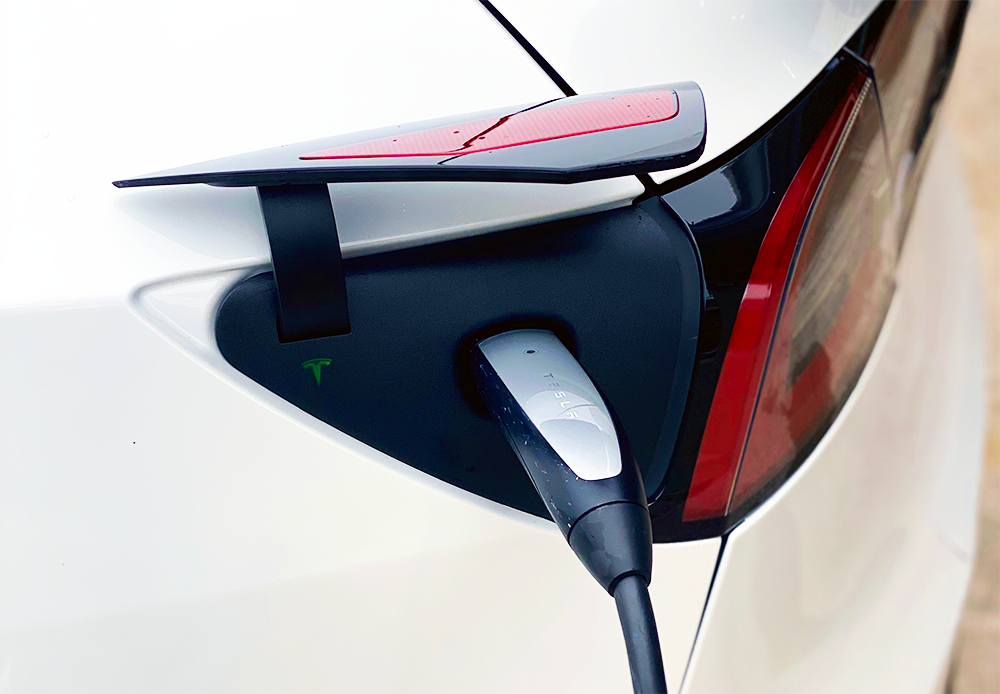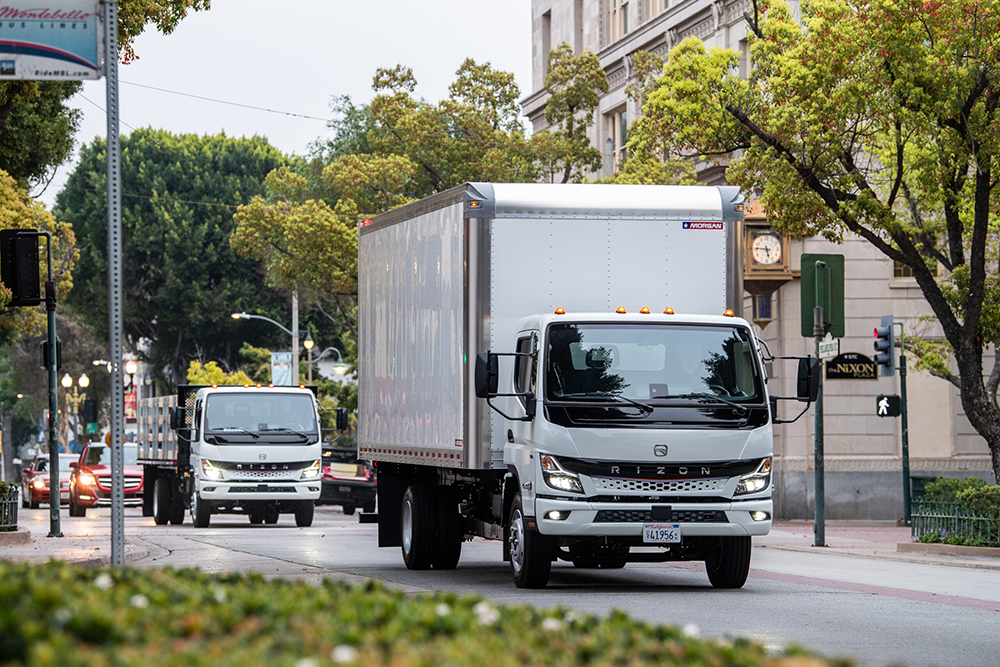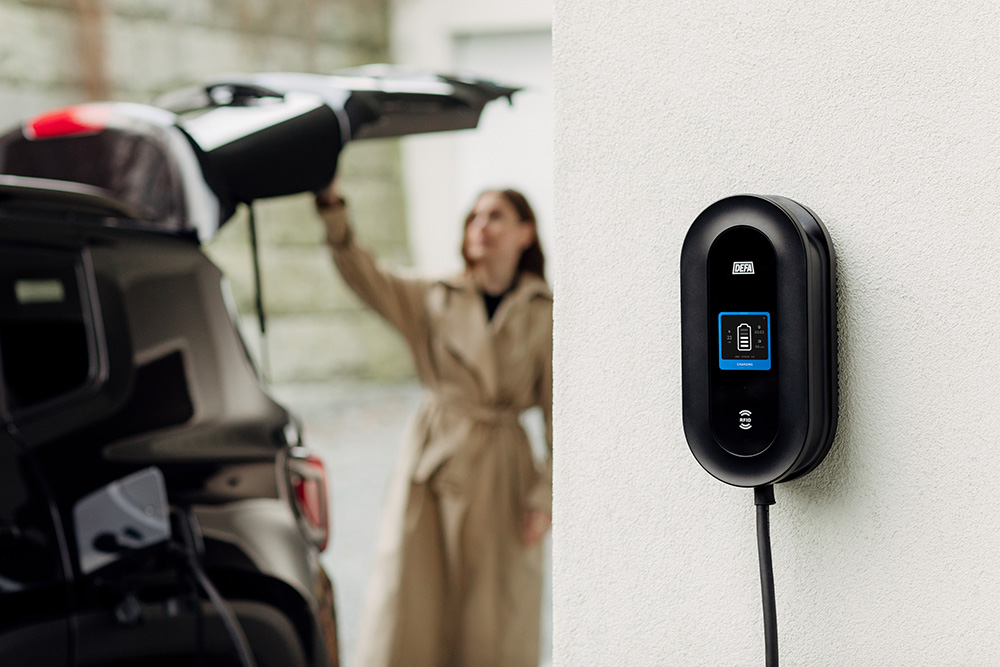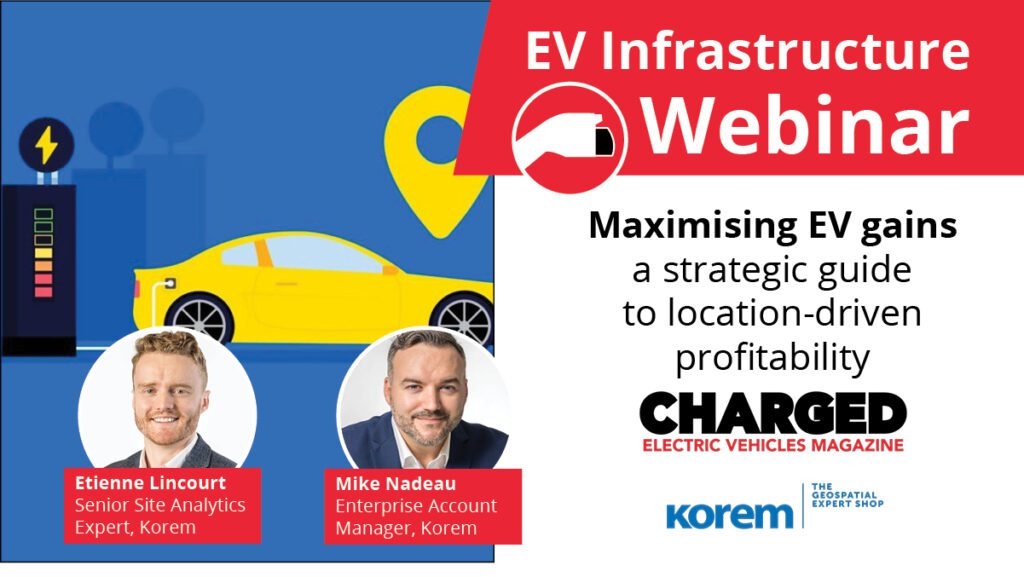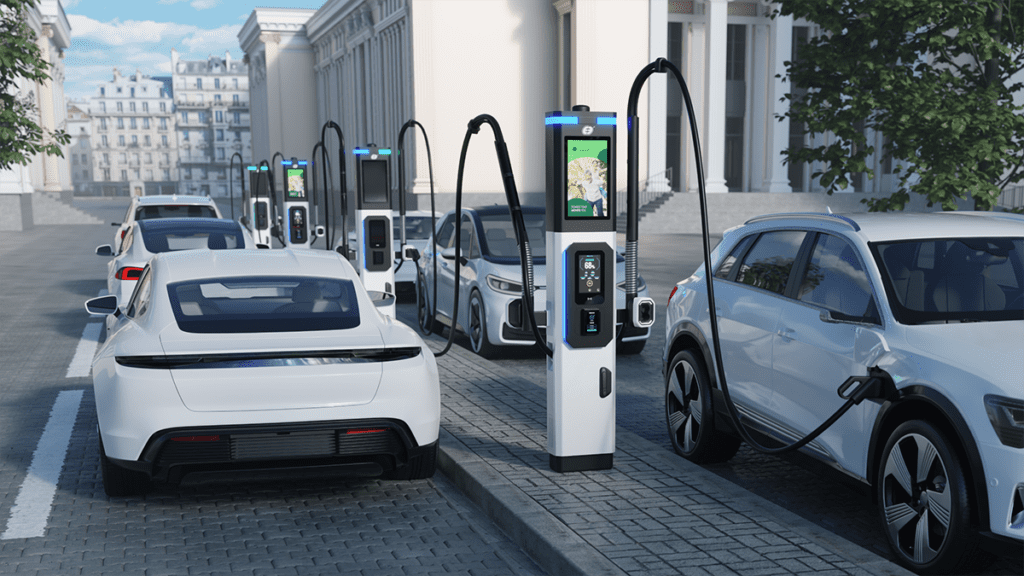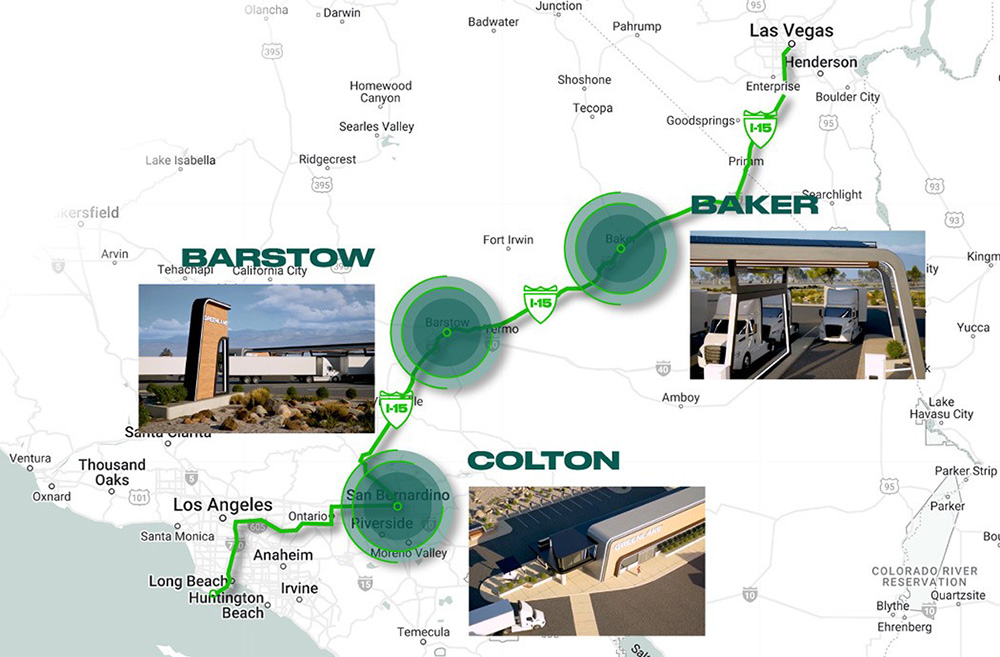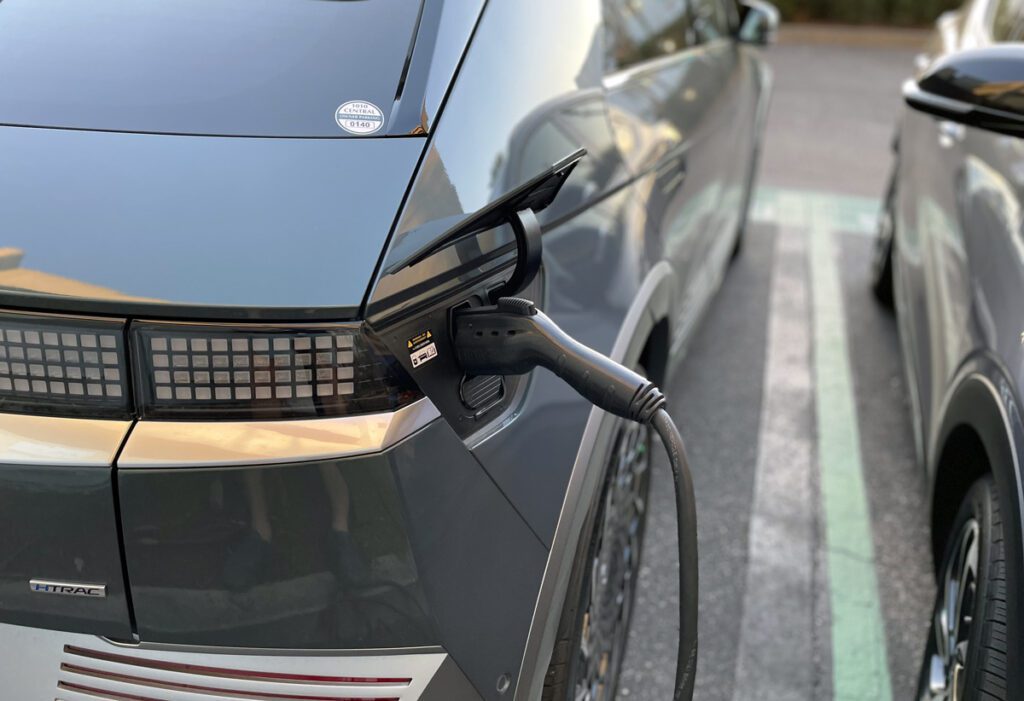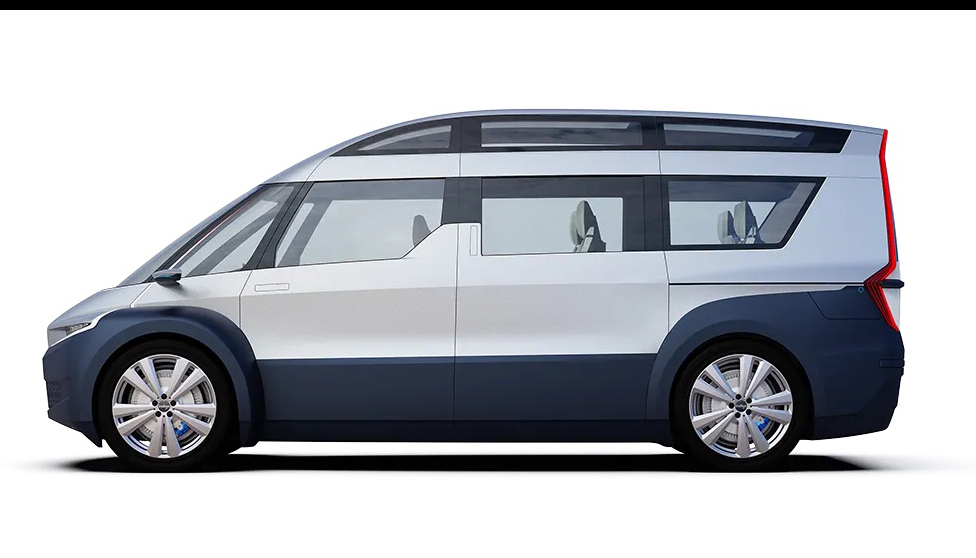As gains in energy efficiency and the plummeting cost of home-generated solar power threaten to shrink their revenues, some electric utilities seem to see EVs as a source of future demand for centrally-generated power. A case in point is Duke Energy, which, while leading the charge against efficiency and solar in its Florida service area, nonetheless teamed with Siemens and Ford to demonstrate a smart-grid-capable EV charging system.
Using a Siemens residential charger and a Ford Fusion Energi PHEV, Duke demonstrated the ability to monitor status, report energy use, and control the EVSE from a local area network and from the cloud.
The pilot system allows an EV owner to use a computer, smart phone or tablet to monitor charging status, schedule charge events, and determine the cost of energy consumed.
The system also demonstrated the ability to monitor and control the EVSE using OpenADR, a standard that allows utilities to manage grid resources remotely. Using OpenADR or the Siemens Cloud, utilities can help EV owners to take advantage of time-of-use rates, and also manage the load on the grid. By shifting each EV charging event slightly in time, utilities can potentially reduce peak demand.
The demonstration was funded as part of a grant from the DOE’s Office of Electricity Delivery and Energy Reliability, which supports the development of smart-grid-capable EVSE.
“This demonstration marks a turning point for the EV industry and proves the tangible benefits of bringing advanced EVSE technologies into the home and the power marketplace,” said Barry Powell, head of Siemens Low Voltage & Products. “Intelligence in EV charging stations means homeowners can reduce the cost of charging up to 60 percent by automatically charging during low energy rate periods, where such programs are available. Utilities can shift loads off critical peak periods to avoid the need for new generation sources.”
“As EVs gain in popularity, it will be important for both drivers and utilities to have improved information – making charging more available and cheaper,” said Mike Rowand, Director of Technology Development at Duke Energy.
The Siemens charging station with Wi-Fi connectivity and smart phone application used in this demonstration is expected to be available to the public in 2015.
Source: Siemens via Green Car Congress



